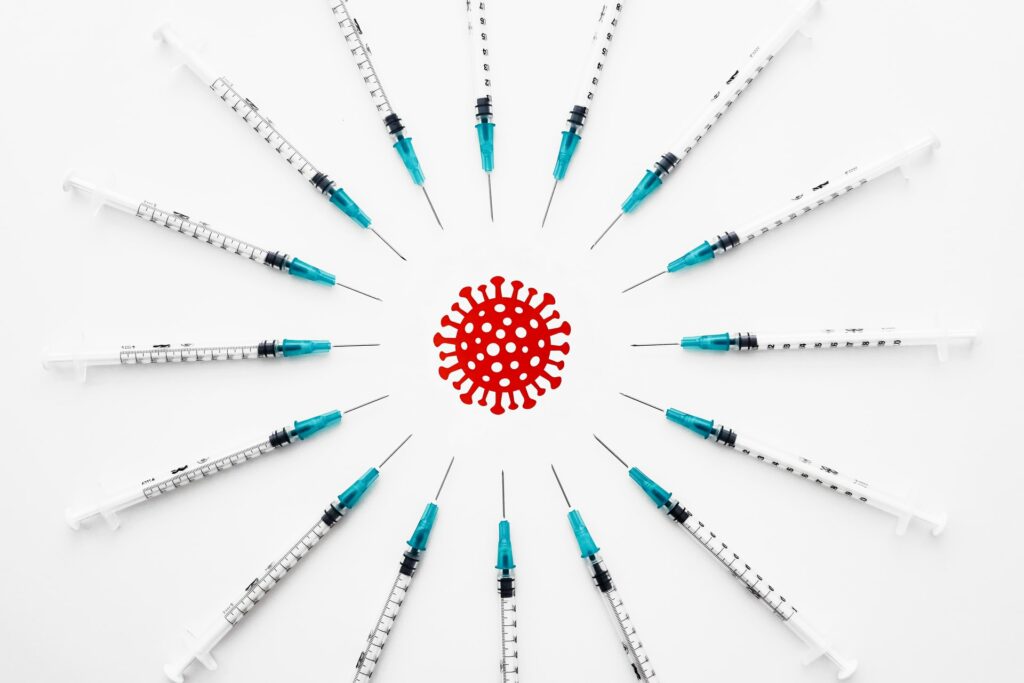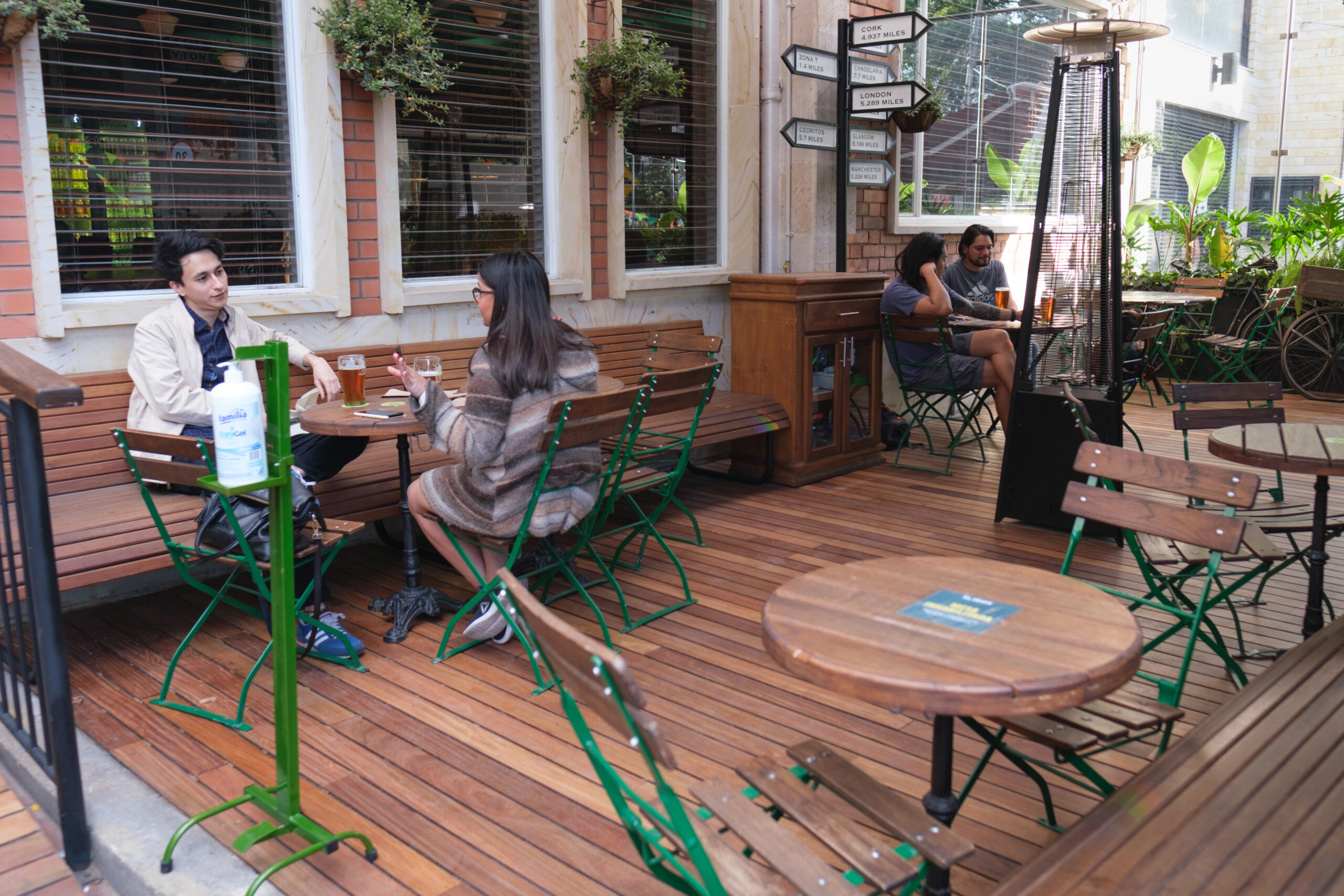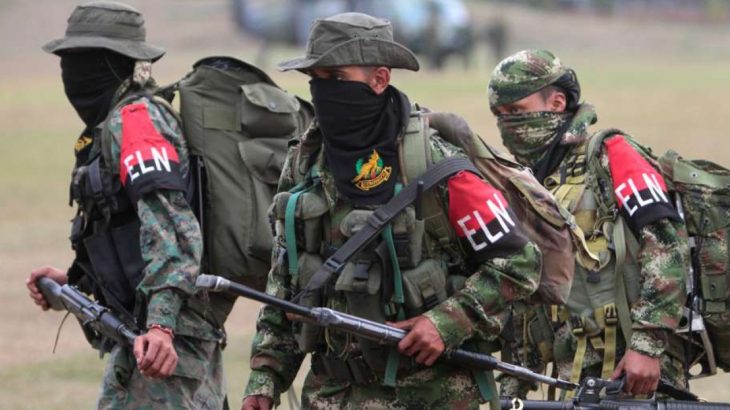The National Health Institute identified the first three cases of Omicron in Colombia.

Last night (Dec. 20) the ministry of health confirmed three cases of the Omicron variant had been identified in Colombia. Two cases of the Omicron variant – which is a lot more transmissible than other COVID variants – were discovered in Cartagena and one in Santa Marta.
The Omicron cases were found in people who had travelled to Colombia from the U.S. or Spain and the National Health Institute (INS) is trying to track down everybody they’ve been in contact with. At least one of those patients had made a stopover in Bogotá.
The Omicron variant of COVID-19 was first discovered in South Africa but quickly spread – it has now been detected in over 80 countries.
Bogotá mayor Claudia López tests positive for COVID
Claudia López confirmed via Twitter that she had tested positive for COVID. The capital’s mayor, who previously had the virus back in May, tweeted: “I tested positive for COVID. Thanks to my full vaccination, I have light symptoms and will continue to work from home.”
The mayor confirmed that Omicron has reached Colombia and urged people to get vaccinated.
How Omicron has affected other countries
Omicron has surged through countries like the UK which has seen record COVID case numbers in recent weeks. Governments across Europe are introducing new restrictions to try to slow the spread.
The Netherlands has introduced a new lockdown which will stay in place until at least Jan. 14. Only essential services will be open, with bars, restaurants, and other non-essential venues closed throughout the holiday season.
Japan has closed its borders to all non-residents, and Thailand has re-introduced quarantines for new arrivals. Many countries now require negative PCR test results in addition to vaccine passports for non-residents.
If you were planning to travel over the festive period, be aware that many countries have increased their anti-COVID precautions and make sure you check for updates regularly.
Will Colombia introduce new restrictions?
So far, the message from authorities in Colombia appears to be: Be careful and get vaccinated. Colombia announced vaccination certificate rules beginning in mid-November, requiring people to show proof of vaccination to enter many establishments. But as yet, there’s no talk of new lockdowns.
That said, if we’ve learned one thing during the pandemic it’s that Colombia can introduce new rules extremely quickly if emergency ward occupancy gets to critical levels, and getting to critical levels can happen fast too. It’s a good idea to pay close attention to local news, especially if you’re planning to travel.
We’re extremely likely to see a fourth peak of COVID infections in January – in part because of the increase in travel and socialising over Christmas, and in part the almost inevitable spread of Omicron. Additional restrictions may follow, depending on the number of cases and hospitalisations.
However, the hope is that vaccination will limit the number of severe COVID cases and deaths. Vaccination may not stop the spread of Omicron, but it does appear to reduce the severity of the infections.
What difference does vaccination make?
According to Imperial College London research, neither double vaccination nor previous COVID infection give a lot of protection against Omicron infection. It suggests that previous infection may only give people 19% protection against the Omicron variant.
The Imperial College researchers also think that double vaccination only gives up to 20% protection against Omicron. That figure goes up to 55%-80% with a booster. Booster shots seem to be the most effective way to slow the spread of Omicron.
Worryingly, the report also found that no evidence that Omicron is not as severe as the Delta variant. There has been speculation that Omicron might cause less severe cases. But given that vaccination does reduce the risk of hospitalization or death, it is difficult to know whether it’s Omicron that’s less severe or that vaccination is protecting people against the worst of the virus.
Colombia’s health minister, Fernando Ruiz Gómez said: “There’s also evidence that vaccination prevents hospitalization and mortality from the Omicron variant, especially within six months after completing the initial doses.”
There is some speculation that Colombia was not as impacted by the Delta variant which spread quickly through Europe in the summer because many people had already had COVID. INS boss Franklyn Prieto told RCN that around two-thirds of the Colombian population had probably already been already infected and so had immunity. This may not help when it comes to Omicron.
How many people are vaccinated in Colombia?
According to the INS, as of Dec. 19 over 62 million doses of vaccines have been given out. That translates to around 27 million people who are fully vaccinated (with either two doses or the single Janssen shot). About 2.7 million people have already received the booster dose.
Health minister Ruiz said they are hoping to ensure 3 million people receive the booster in the coming weeks. “Those most at risk are those over 50 years of age. There are about 7 million people and our goal is to vaccinate at least 3 million by the end of the year and Epiphany [Jan 6] at the latest.”
Interestingly, Colombia is hoping to become a vaccination hub in 2022. The country has signed an agreement with two companies to build a vaccination production plant in Rionegro, Antioquia.
How can I get vaccinated?
If you haven’t yet got your first dose of vaccination, there are vaccination points all over the city. Head to Mi Vacuna or log on to your EPS provider to make an appointment.
Colombia has divided the population into five priority groups, depending on age and profession. You can find out which group you’re in on Mi Vacuna.
Booster shots are following the same pattern as the original doses. Those who are eligible can then get jabbed if it’s been six months since they completed their previous vaccination. Those over 50 can get a booster shot four months after their previous jab.
Find out which group you belong to and watch out for news announcements.





